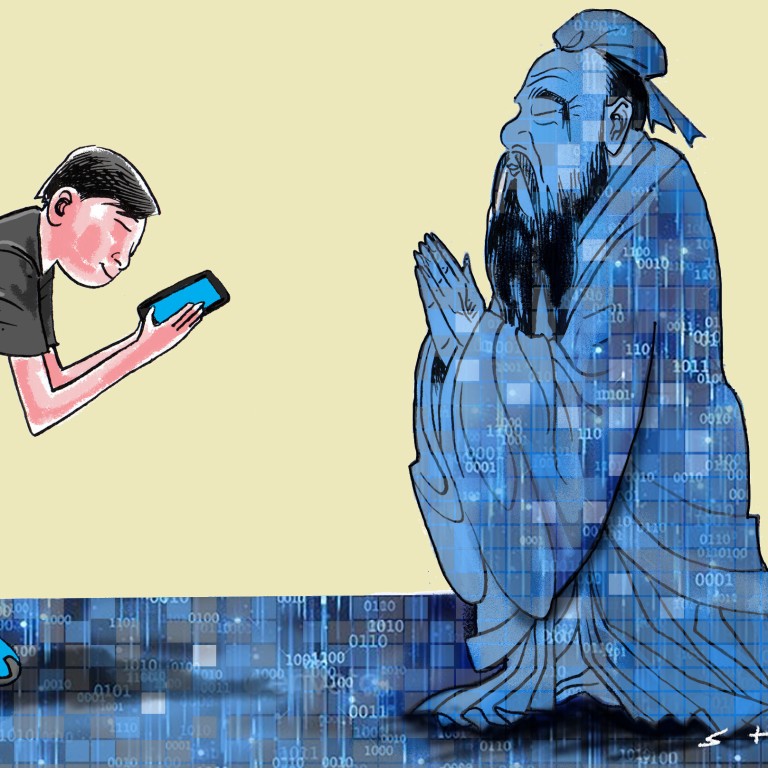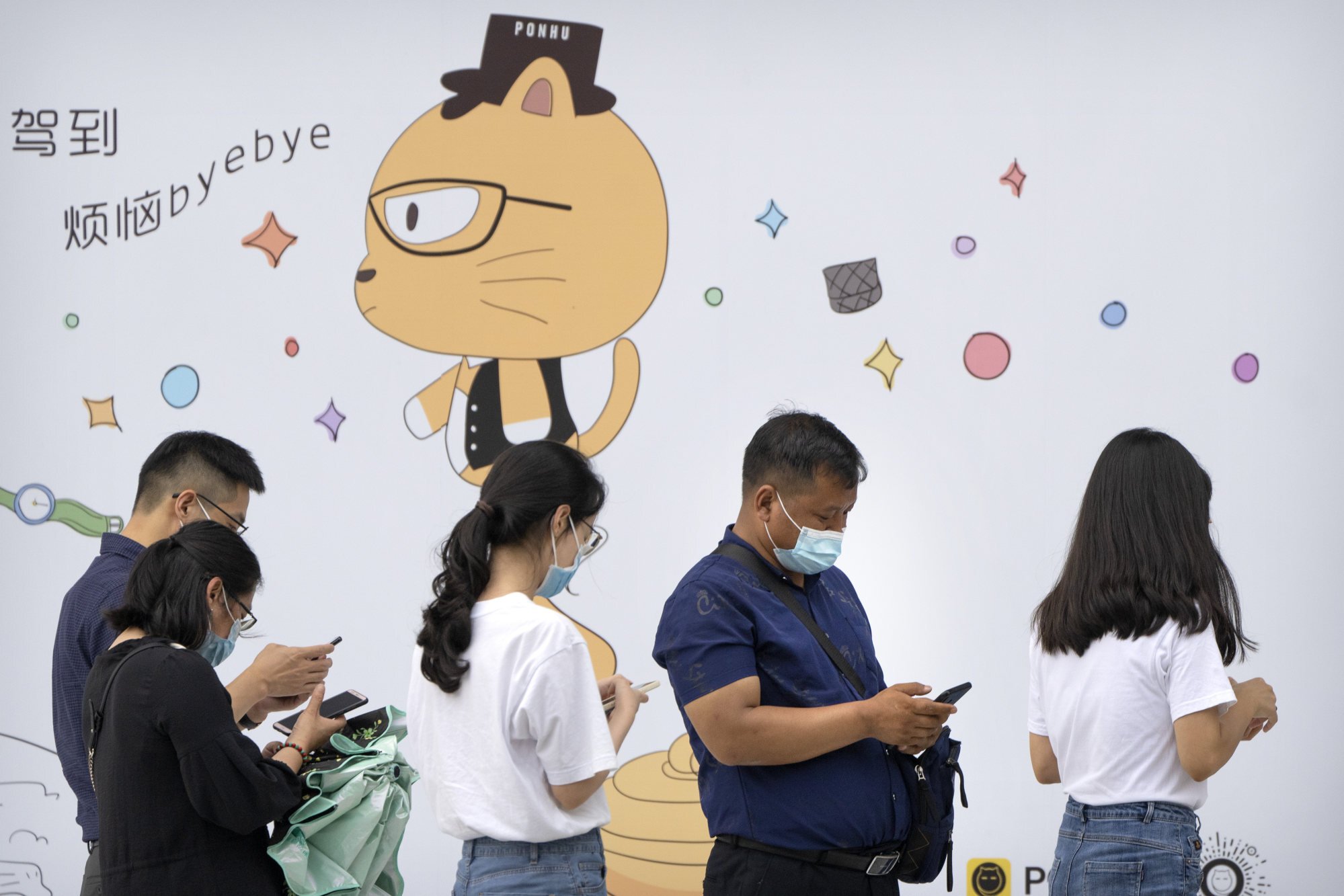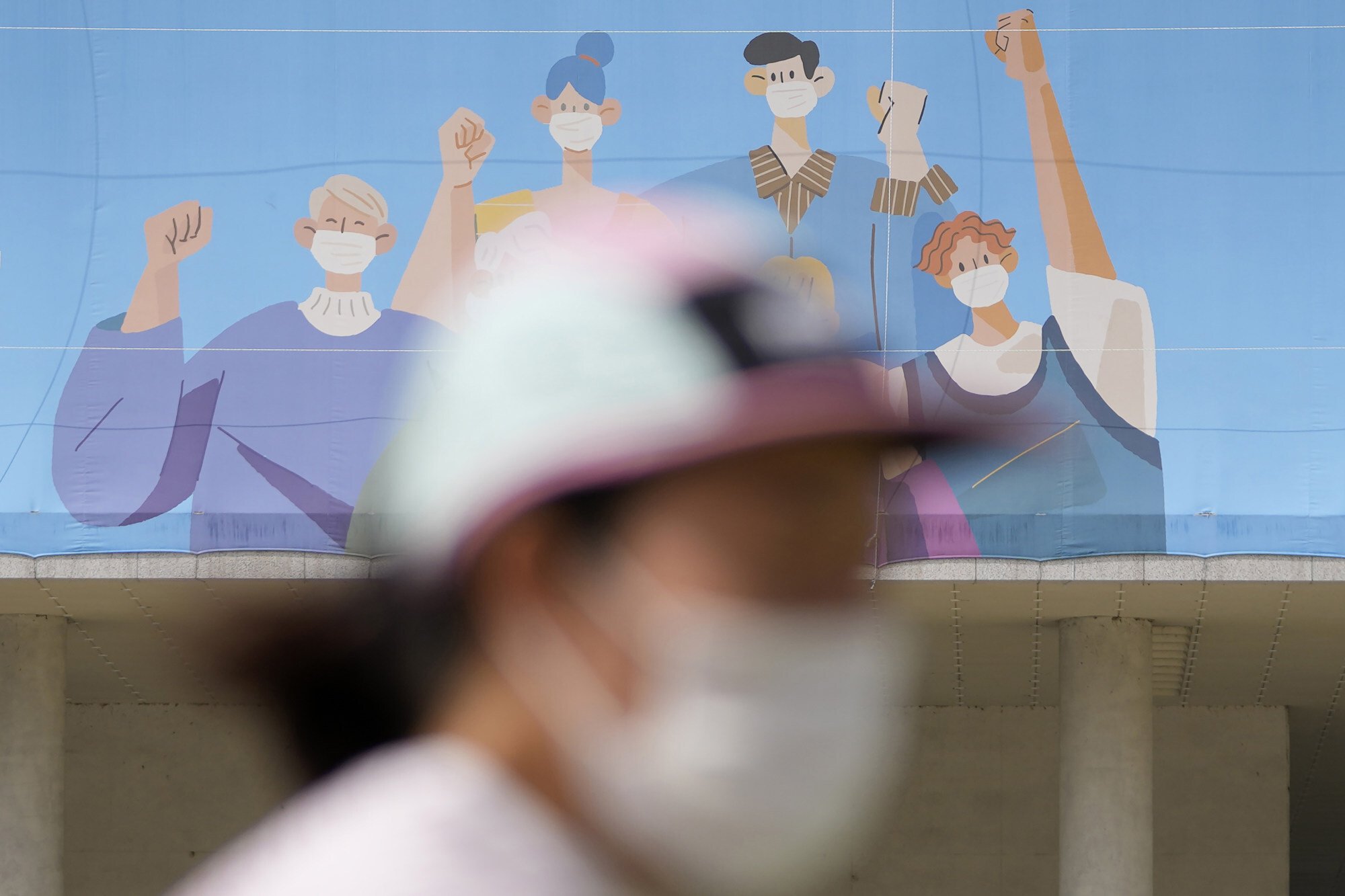
How pandemic proves China’s ‘digital Confucianism’ is superior to the West
- For all the West’s complaints about invasion of privacy and freedom of movement, there are obvious benefits to an approach combining Confucian-style acceptance of governance with tech advancements
- The ability to quickly ease social distancing rules and return to jobs and classes in person are also valuable freedoms
As families worldwide send their children back to school, one region stands out regarding the mood of both students and parents. Families in East Asia face the new academic year with more calm and less fear about the pandemic disrupting education than most other regions.
Contrast this against the “back to school” season in the United States, where some students witnessed protesters passionately picketing against masks outside their school gates. In Europe, similar confusion erupted. Professors in Brussels, for example, returned to the classroom wearing masks while their peers in Flanders returned barefaced, triggering confusion among students.
By now, it is clear East Asia has generally contained the virus far more efficiently than the West. In tracking coronavirus-related death rates, East Asian countries tend to have tens to dozens of deaths per million people versus 1,600 per million in Europe and 2,000 per million in the US.
It is also clear that successfully containing the virus requires the implementation of key public health measures. For the public, those include mask-wearing, social distancing and handwashing; for Covid-19 patients, testing, tracing and isolation; and for hospitals, adequate equipment, staff and space.
So, if the “how” of fighting the virus is well-known, why have East Asian societies achieved a death rate far lower than that of the West? These results illustrate far more than better implementation of public health measures.
We believe these results demonstrate the effectiveness of a new sociopolitical model emerging in East Asia which we call “digital Confucianism”. This model, which combines Confucian-style acceptance of governance with continuous advancements in technology, is clearly suited to containing pathogenic virus pandemics.

But none of our Chinese colleagues and friends are complaining about this. In fact, the comment we have heard repeatedly during the past two years is, “We are so lucky to be in China because China is safe.”
If all this sounds like George Orwell’s 1984, we agree. The authors of this article, being French and American citizens, value highly the ideals of freedom and democracy. However, being based in China during the entire pandemic, and in our roles as educators and physicians (and as parents), we see first-hand the many benefits of digital Confucianism.

Many of our friends back home passionately defend the right to privacy and reject mass use of digital tracing in the name of freedom. However, we propose an alternative view. The ability to return to work within weeks rather than months or years of social distancing – thus avoiding the isolation, stress and exhaustion caused by working from home, including demotion, furloughing or job loss – is also a form of freedom.
The Chinese model against Covid-19: a total war of the people, for the people, by the people
To sum up, we believe that East Asia’s superior management of the virus signals far more than the efficient containment of Covid-19. The pandemic has, in many ways, dethroned Western-style democratic capitalism as the best sociopolitical model to advance society, foster economic growth and address pressing social problems.
The world is now in the midst of an era of phenomenal advancements in digital technology. Going forward, nations that pair these advancements in science and digital technology with mass acceptance of them – for the collective good – will zoom ahead. It is our deep hope that the West will recognise the many benefits possible with the discerning use of digital Confucianism and will start zooming too.
Dr Guillaume Zagury is a French epidemiologist and medical practitioner based in Shanghai. He is author of a forthcoming book detailing key learnings from the management of the pandemic worldwide
Dr Laurie Underwood is a professor of intercultural business communications (adjunct) at NYU Shanghai and other business schools



